“Cute!”
This is how some Lebanese described a young Jordanian who saw nothing but “fun” in the ongoing protests in Lebanon, a lot of fun.
In a video that has spread widely, he discusses the situation with a lot of superficiality, forgetting the pain the Lebanese people are living in and the events leading to the uprising. “Guys when do you get upset?”, he asked, pointing out that the uprising has “all kinds of fun, a DJ, Dabke dance, insults, laughter, jokes and sarcasm.”
He went on “The Jordanian people would be willing to die for three days’ worth of this party, I would commit suicide if I were you because you have fulfilled your demands and ours.” describing the Lebanese revolution as "cleaner” than Jordan’s music festivals.
The young Jordanian added that he thought there must be some divine reason for the Lebanese people to suffer financially because “you’re happy without money, what would happen if you did have it?” and hoping the uprisings last long as it is great entertainment.
I’m Considering Resigning
Another Jordanian expressed similar sentiments, saying how he would like to resign from his job in order to join the protests in Lebanon and sent a message to the Lebanese PM Saad el Hariri “How could you tax these people? I swear to God it’s just not right. If I were you, I would be giving these people money, your uprisings are better than Jordanian weddings”.
Damn Them
In a voice recording that has spread on social media, a Jordanian man following the Lebanese revolution says “Unbelievable, dancing, singing, drums, horns, hugs and this person marries this person, and this one gets into a relationship with this one, and they lift up the presenter then put down the presenter.” adding he would have definitely joined the protests had he been visiting Lebanon at the time.
He went on to say that the Lebanese government should “pay money from their own pockets” to the people instead of imposing taxes on them adding “it’s unbelievable how amazing their protest is”.
"The difference between #Jordan and #Lebanon is that they are at peace with themselves, adopting social progress, but here most people are hypocrites, they appear to cling to customs, traditions and religious values while secretly rejecting them”
Jokes
A number of jokes also made the rounds around the same subject, for example “The family of a Jordanian man in Lebanon asked him to come back because of the protests, he refused, and said the protests here are better than the Jerash music festival.” Another joke read: “A Jordanian man sat watching the Lebanese protests on television when his wife came in he switched channels to the war in Yemen.”
Beyond the fact that they are only seeing this side of the Lebanese revolution and are ignoring other scenes like the protest of cancer patients, the tears of a soldier, the weeping of an elderly man, the economic challenge and the suffering of Lebanese women especially, one must ask an important question- Is Jordan really the hell that they describe?
Is Jordan Really Hell?
“The difference between us and the Lebanese people is that they are at peace with themselves and co-existing with social progress, but here most people are hypocrites, they appear to cling to customs, traditions and religious values while secretly rejecting them” said Shrooq Mukahal in an interview with Raseef22 adding that Jordan was never “hell”.
Commenting on the videos and the admiration some young people expressed for the Lebanese protests “If a Jordanian girl wears traditional clothes and danced during a protest, it will be said that she had no honour, but for a Lebanese girl, it will be said she is expressing her opinion in her own joyful way regardless of what she is wearing.”
She perceives what has been said by some as the result of "social hypocrisy", pointing out that the comments from Jordanian people have highlighted the differences between the two people “The Lebanese are not hypocrites and don’t judge a woman by her appearance”.
She continued “even when it comes to joking there are differences when a Jordanian girl says an adult-themed joke, there are always comments - are you experienced? have you tried stuff? but a Lebanese girl wouldn’t face the same judgement”.
Mukahal hopes that the Jordanian people overcome their hypocrisy and take back the traits that were taken away from them in the name of “customs, traditions and a conservative society.”
Netflix’ Jinn A Prime Example
On the other hand, young Jordanian Ola Abu Ali believes that the problem is not in Jordan as a country, but in its people, and that has been the case long for a while.
She pointed out in her interview with Raseef22 that many segments of Jordanian society (which considers itself conservative) have always regarded Lebanon and the Lebanese as more free, but there are Jordanians that have the same amount of freedom inside the country, adding that “those who produced those viral videos in Jordan enjoy these parts of the Lebanese uprising, but do not want them in Jordan.”
Abu Ali questioned the contradiction between the desire of some to have this “openness” and how some expressed their rejection last June after the release of the TV series “Jinn” on Netflix, the most famous Arab series on the network after the uproar of the Jordanian people who described it as “Pornographic” because of some scenes they considered to be “against Jordanian values”, including scenes of kissing, drinking alcohol, taking drugs and using swear words that are common on the Jordanian street but cannot be presented in an international/Arab series because it “does not represent the Jordanian people.”
Are Jordanians Rebelling On Their Values?
The Jordanian journalist Abeer Abu Touq had a different opinion: “I have my own perspective about the comments whether they are sarcastic or political- with all due respect to everyone’s right to express an opinion, and the legitimate demand to have rights and to defend them, but does supporting any Arab uprising necessarily means rejecting our conditions here in Jordan?.”
She pointed out that she did not pose the question to claim that the situation in Jordan is “100% fine” but “the regional situation does not mean that we deny everything we have accomplished or to cease having the ambition to accomplish more, there is unemployment- yes, there is nepotism- yes, there is, and there is and there is, but also we must be fair and not self-flagellate more than we can endure.”
Abu Touq hoped “that we will be fair to ourselves and our country, our accomplishments, dreams, hopes and ambitions that we strive every day to achieve,” drawing attention to the fact there are many positive images and scenes of what is happening in Lebanon, Iraq, Tunisia and other countries that deserve to be highlighted more than passing images that spread like wildfire every moment on social media, television and print media.
She concluded: “Lebanon deserves the best, it has a large place in our hearts. Lebanon is dignity and the Lebanese are a determined people.”
Raseef22 is a not for profit entity. Our focus is on quality journalism. Every contribution to the NasRaseef membership goes directly towards journalism production. We stand independent, not accepting corporate sponsorships, sponsored content or political funding.
Support our mission to keep Raseef22 available to all readers by clicking here!
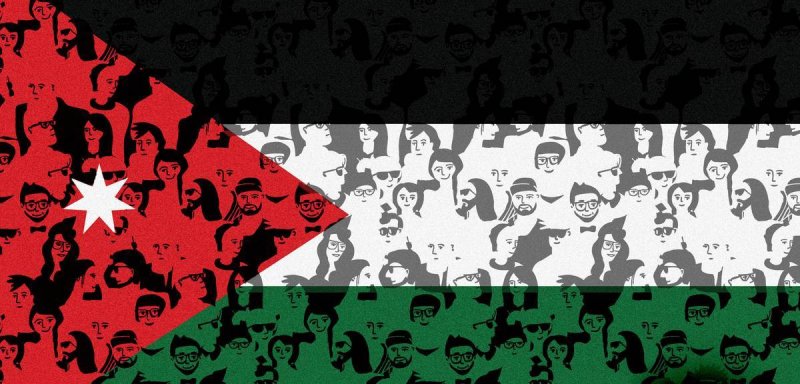
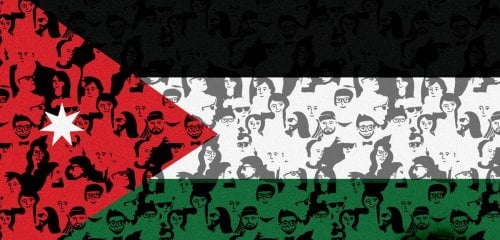
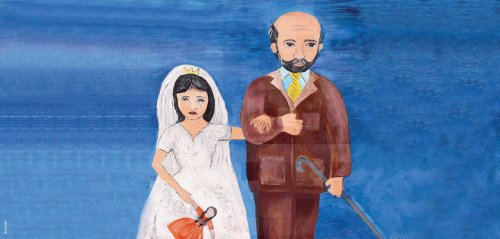
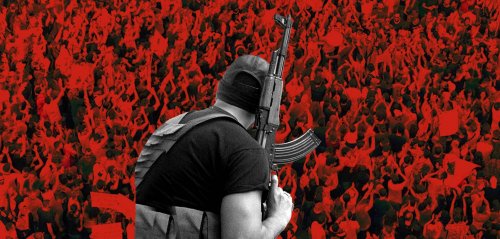
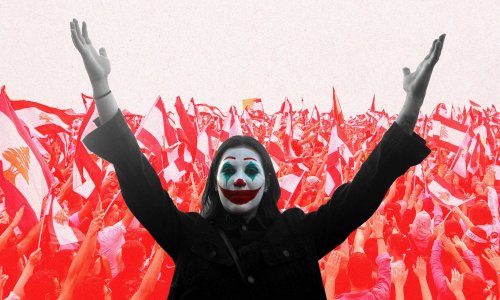
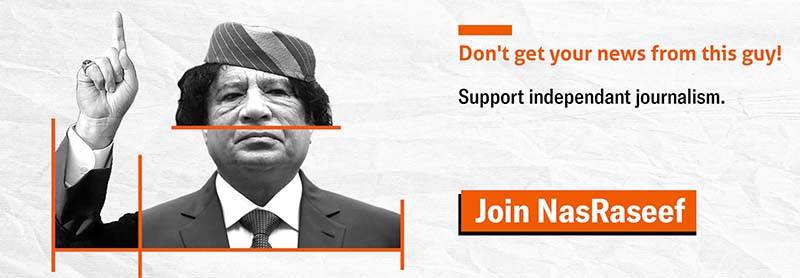
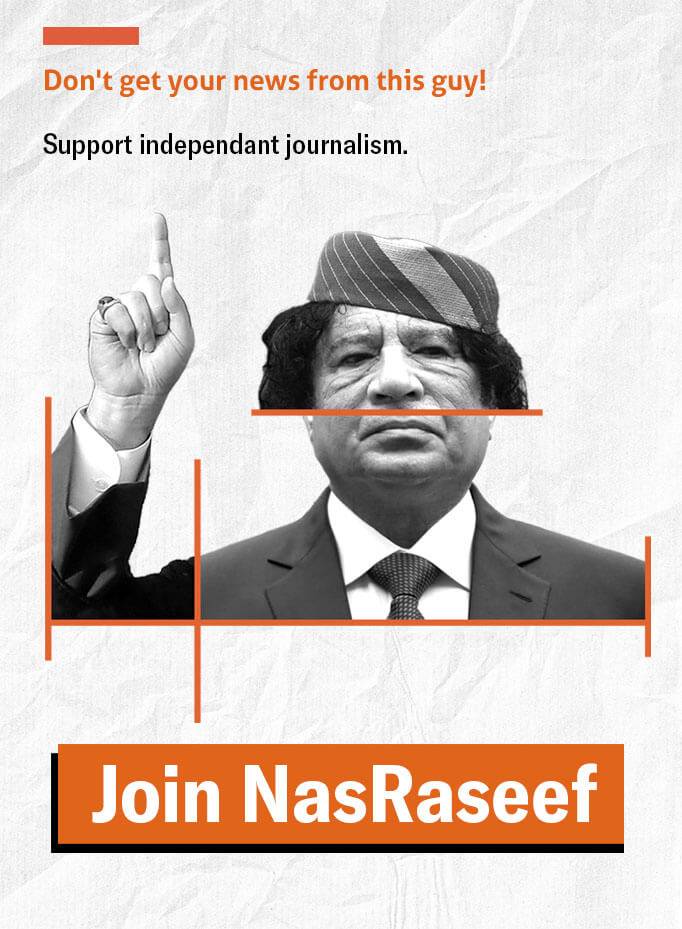


Join the Conversation
Anonymous user -
22 hours agoتعليقا على ماذكره بالمنشور فإن لدولة الإمارات وأذكر منها دبي بالتحديد لديها منظومة أحترام كبار...
Anonymous user -
3 days agoUn message privé pour l'écrivain svp débloquer moi sur Facebook
Anonymous user -
3 days agoالبرتغال تغلق باب الهجرة قريبا جدااا
Jong Lona -
4 days agoأغلبهم ياخذون سوريا لان العراقيات عندهم عشيرة حتى لو ضربها أو عنقها تقدر تروح على أهلها واهلها...
ghdr brhm -
4 days ago❤️❤️
جيسيكا ملو فالنتاين -
6 days agoجميل جدا أن تقدر كل المشاعر لأنها جميعا مهمة. شكرا على هذا المقال المشبع بالعواطف. احببت جدا خط...